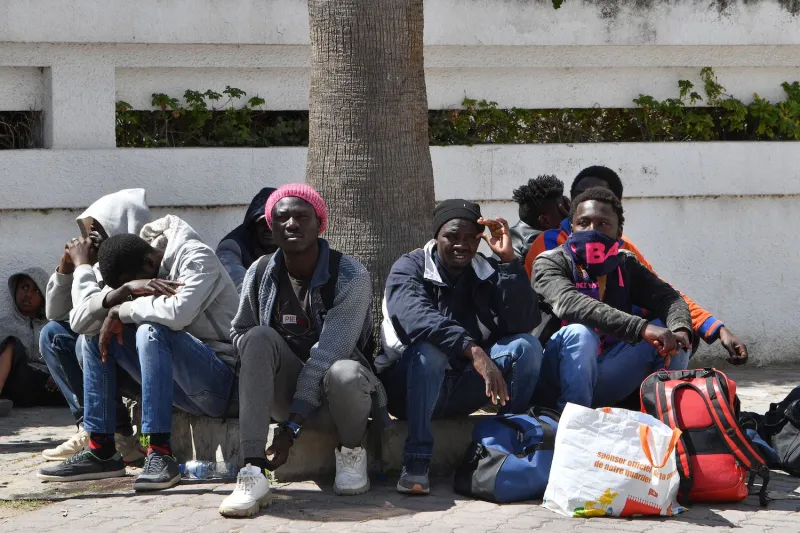Tunisia is facing strong criticism after the government suspended the operations of one of the leading migrant support groups in the country. The Tunisian Forum for Economic and Social Rights (FTDES), known for defending migrants and refugees, has been ordered to stop its activities for a month. The suspension was said to be linked to a financial audit, but many see it as a direct attempt to silence voices that speak out against government policies. The organization described the decision as unfair and politically driven.
Many human rights advocates say this move is part of a wider effort to limit freedom of expression and weaken civil society in Tunisia. The space for independent groups has been shrinking, and the suspension of FTDES has increased concerns that the government may be moving toward more authoritarian control. Rights groups say that the pressure is particularly affecting migrants and refugees who already face difficult conditions.
Organizations like Amnesty International have documented repeated police raids on civil society offices, intimidation of staff members, and public campaigns aimed at damaging the reputations of humanitarian groups. Reports also point to the growing spread of xenophobic language, which has made migrants more vulnerable to harassment and abuse in public spaces.
Human Rights Watch has also raised alarms about harsh treatment of migrants in Tunisia. Their reports mention cases of physical abuse, forced removals, and mass expulsions of Black African migrants. Many of these individuals live in constant fear as legal protections continue to weaken and arrests become more common.
The current situation is linked to comments made by President Kais Saied in early 2023, where he claimed that irregular migration was part of a plot to change Tunisia’s population structure. His statements echoed the far-right “Great Replacement” theory, which has fueled racist attacks in several parts of the world. Soon after those remarks, migrants in Tunisia experienced a rise in violence, evictions from their homes, and arrests without clear legal grounds.
Tunisia was once praised as the only successful democracy to emerge from the Arab Spring. However, many activists now say that the country is moving in the opposite direction. Journalists, opposition members, and civil society leaders increasingly report pressure, threats, and legal obstacles to their work. The suspension of FTDES is seen as one more sign of shrinking freedom.
The worsening treatment of migrants in Tunisia comes at a time when many people fleeing hardship in Africa try to reach Europe through the Mediterranean route. For migrants hoping to find safety or better opportunities, Tunisia was once considered a possible stop on the way. Today, many describe it as a dangerous place where their basic rights are no longer protected.
As economic problems continue and political tensions rise, migrants have become easy targets in public debates. Human rights groups warn that unless the government changes its approach, both Tunisia’s image and the safety of thousands of migrants will continue to decline.

